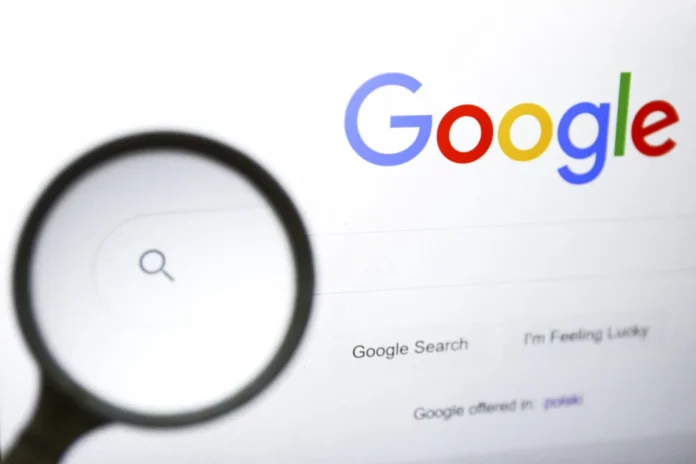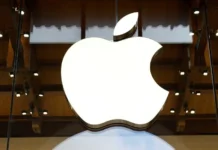Google is ditching continuous scrolling in its search results page, returning to the classic page design.
The search engine introduced infinite scrolling for mobile search in October 2021 and on the desktop in December 2022.
Now, Google is reverting to the good old pagination format on desktop browsers starting this week.
The feature will be rolled out for mobile browsers in the coming months, Search Engine Land reports, quoting a Google spokesperson.
As of Thursday, desktop browsers already featured a pagination bar which allows users to navigate between numbered pages of search results or use the “Next” and “Back” buttons.
The feature was not yet available for mobile browsing.
The Google spokesperson was quoted as saying that a “More results” button will be shown at the bottom of a mobile search page to load the next page.
Google says the U-turn is to allow its search engine to serve the search results faster on more searches, “instead of automatically loading results that users haven’t explicitly requested”.
The tech giant says continuous scrolling did not translate to “significantly higher” user satisfaction.
MARKET DOMINANCE
Google has dominated the world’s search engine market since its launch in 1997, with a 91.6 per cent market share as of October last year.
The rest is shared among other small players like Bing, Yandex and Yahoo.
In Kenya, the search engine accounted for over 98 per cent of all search traffic in 2023, according to Statcounter.
But while Google is essentially powered by an artificial intelligence (AI) algorithm, the rise of AI chatbots like ChatGPT is seen as a threat to search engines because of the imprecise results and numerous adverts the latter offer.
There have been rumours that OpenAI, the American Microsoft-backed AI company which owns ChatGPT, is developing a feature for the chatbot that searches the web and cites sources in its results.
Bloomberg reported in May that the feature would “allow users to ask ChatGPT a question and receive answers that use details from the web with citations to sources such as Wikipedia entries and blog posts.”
“One version of the product also uses images alongside written responses to questions, when they’re relevant. If a user asked ChatGPT how to change a doorknob, for instance, the results might include a diagram to illustrate the task,” the publication added.
According to the Verge, OpenAI is reportedly also trying to poach Google employees for the team working on the product soon.



















